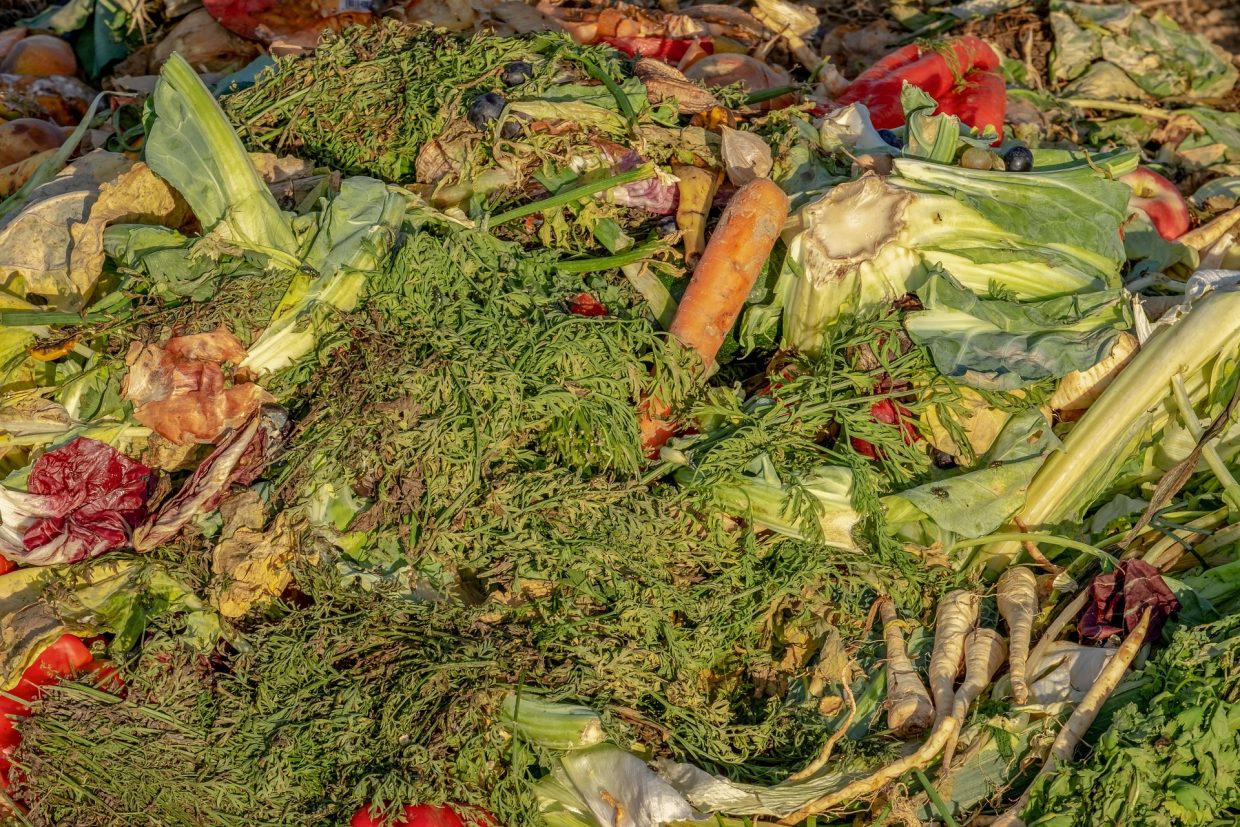Composting from organic municipal solid waste: sustainability on vineyard
The paper “Composting from organic municipal solid waste: a sustainable tool for the environment and to improve grape quality”, published in The Journal of Agricultural Science, has been chosen as the latest Editorial Highlight.
The conventional agriculture trend to maximize yields, through intensive cultivation techniques, together with the use of chemical fertilizers, has progressively compromised the fertility of agricultural land. Furthermore, the separation of livestock activities from cultivation has reduced the availability of organic matter, such as manure, within farms.

Composting from organic municipal solid waste (MSW), such as a separate waste collection, is a valid tool for eliminating a considerable amount of waste that would otherwise be destined for landfills and incinerators, thus representing an effective complement to traditional forms of recycling. It allows organic substance to be recovered and reintegrated into the soil, thus preventing erosion phenomena, increasing the biological fertility of the soil and contributing significantly to the restoration of impoverished sites.
Modern winegrowing must address the issue of vineyard fertility in the sustainability context. The new trends aimed at sustainable vineyard management lead to safeguarding soil fertility by preserving non-renewable resources and making the most of territorial resources. Incorrect fertilization is a major threat that could lead to an unbalanced yield in viticultural production. The goal of this study was to assess the advantages of distributing a sustainable product to the vineyard that can achieve vine balance (vegetative and productive equilibrium). In a Vitis vinifera L. Sangiovese cv., vineyard, four soil treatments were applied (three compost rates and a control): municipal solid waste compost (40 tons per hectare, 15 tons per hectare, 2.5 tons per hectare), and no compost (CTRL). The results of this experiment provide some general insights showing that MSW compost options can be expected to reduce water stress, balanced vine performance, and provide sustainable recirculation of organic matter. MSW compost is a true agronomic and environmental resource. Its application improves the structure and workability of the soil, allowing less energy for ploughing and complementary tillage, increases the water retention capacity of the soil with less energy consumption for irrigation, and improves soil aggregation (lower soil loss due to erosion). The production of compost from the organic fraction of the waste represents an effective recovery of matter, which can be considered a valid tool for a balanced vineyard.
The Journal of Agricultural Science Editorial Highlights are selected by the Editor-in-Chief. View the recent selections here.






